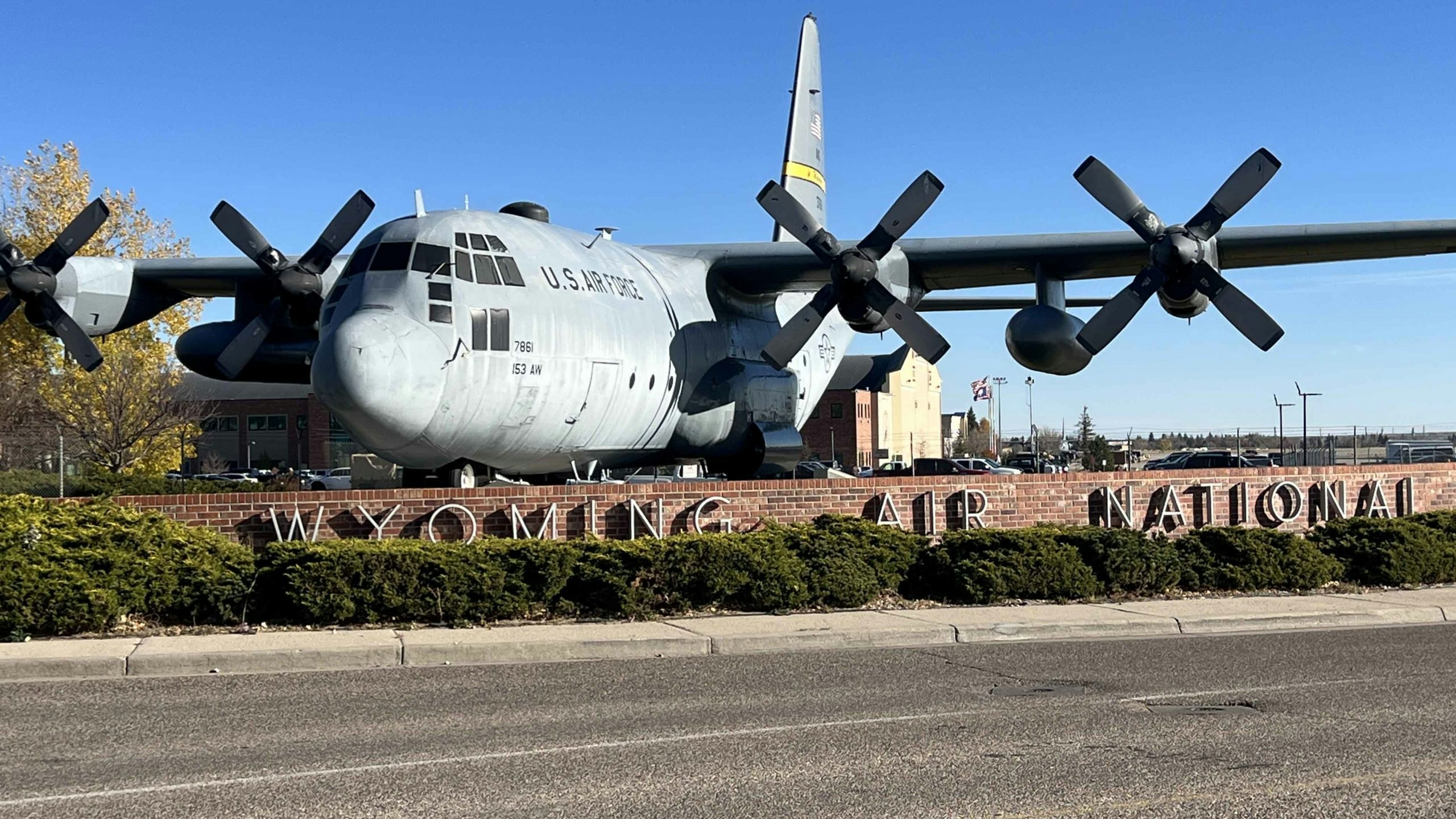Wyoming needs its own militia or Wyoming State Guard to deal with contingencies ranging from blizzards to terrorist attacks, say supporters of a bill moving through the Legislature that would organize such a force.
“It would absolutely be a state force, with a proper chain of command, equipment and training,” firearms instructor and private security expert Bill Tallen of Cody told Cowboy State Daily.
He traveled to Cheyenne this week prepared to testify in favor of Senate File 106, which would authorize the Wyoming governor to organize a state guard.
However, the Senate Appropriations Committee on Tuesday voted unanimously to forward the proposal to the full Senate with a “do pass” recommendation. Tallen said there was no debate, and he didn’t need to testify.
A Purely State Endeavor
The term “militia” can be confusing, Tallen said. In the broadest terms under the Second Amendment, it simply means “every able-bodied adult male in America.”
However, a state militia, or state guard, is more specific. And for those thinking of just getting together with friends and forming a “militia,” that’s not a good idea, he said.
Clandestine paramilitary organizations are illegal under Wyoming law, Tallen said.
A Wyoming state guard would be organized under the governor’s authority. And the commander of Wyoming’s National Guard would be next in the chain of command, he said.
The provisions to form a state guard are already written into Wyoming statute, but SF 106 aims to update and clarify those laws, Tallen said.
In particular, the bill would get rid of what he thinks are arcane references to approaching the federal Department of Defense for funding, because state guard units should be the sole responsibility of the states themselves.
Historical Precedent
The concept of organized state guards or militias is hardly new. Prior to the early 20th century, such bodies existed mostly to reinforce the Army when needed, Tallen said.
However, those old militias were usually poorly organized and equipped. In 1903, the federal government organized the National Guard, which met the military’s standards for chain of command, training and equipment.
In 1916, it was decided that National Guard units could be called up and shipped out with the Army for foreign conflicts. That happened in 1917, when many of the U.S. troops send to fight in World War I were National Guardsmen, Tallen said.
The National Guard has been called overseas many times since, which led to a gap in emergency forces on the home front, he said.
“A bunch of the governors complained and said, ‘Wait a minute, we didn’t gamble you taking every last man for an extended period of time,’” he said.
And so the federal government authorized states to form their own state guards, he said. They can perform many of the same duties as the National Guard within their states, but cannot be called away to reinforce the Army.
About 20 states have active state guard units, and they’ve been used for such things as disaster response during hurricanes, he said. Wyoming has no organized state guard.
“This bill isn’t saying, ‘We need this state guard right now.’ It makes it so that, if the governor perceives the need for a state guard, then we can start organizing it,” he said.
What Would The State Guard Do?
A Wyoming state guard wouldn’t receive any federal money, so it would rely heavily on volunteer effort, Tallen said.
It would be held to the same training standards as the National Guard, but training might have to be done by volunteers.
“I would be willing to (offer training)” said Tallen.
And he thinks there would be no shortage of qualified help in the Cowboy State.
“We’ve got retired law enforcement people all over the state, and we’ve got retired military people all over the state, and private sector people, like me, who would be willing to volunteer their time to provide training,” Tallen said.
In larger urban areas, particularly during the tumultuous summer of 2020, state guard units might have been needed to help quell civil unrest, he said.
Those sorts of events are unlikely in Wyoming. Here, a state guard would far more likely to be called upon to deal with natural disasters – such as blizzards or floods.
But, with terrorists possibly eyeballing ways to disrupt America’s energy infrastructure, so that’s something to bear in mind too, Tallen said.
The state guard would most likely back up the National Guard. Or, if the National Guard had been called away to reinforce the Army, a state guard could fill in for them, if the governor declared a state of emergency, Tallen said.
Mark Heinz can be reached at mark@cowboystatedaily.com.





